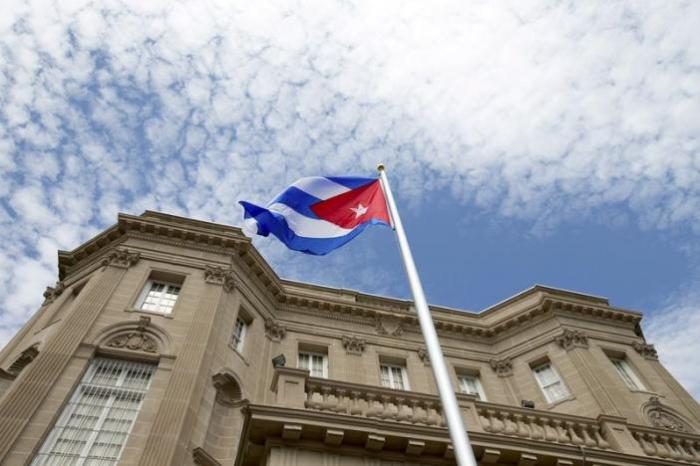Homeschool Activists to Protest Cuba for Imprisoning Pastor Who Educated Kids at Home

Homeschooling parents and leaders of groups defending family freedoms will gather at the Cuban Embassy on Wednesday to protest a recent Cuban court's decision to imprison Cuban Pastor Ramón Rigal and place his wife, Adya, under house arrest because they started homeschooling their two children.
"Americans care about what happens to people in Cuba," said Mike Donnelly, director of Global Outreach at Home School Legal Defense Association, which is partnering with CitizenGo and other national leaders to rally at the Cuban Embassy on May 17 at noon. "If Cuba is going to have normal relations with the United States, then the Cuban government should know that homeschooling is an option that must be allowed."
Late last month, a Cuban court sentenced pastor Rigal to a year in prison for homeschooling his children. His wife, Adya, was ordered to spend a year under house arrest. Rigal said Cuban authorities used the three-hour trial more as a platform for denouncing alternatives to state education than as a venue for delivering justice.
"[W]e live each day with fear that they may separate us," HSLDA quoted Rigal as saying. "With these people, dialogue is nonexistent. They are not even interested in whether or not they are violating laws. They want to impose what they wish. ... They show one face to the world, while in truth, the harsh reality is something different."
The Rigals took the decision to homeschool in February after their children were bullied at school and were taught ideas that contradicted the family's values. The parents were soon arrested and tried on the basis that homeschooling has a "capitalist foundation."
An online petition, launched by HSLDA and CitizenGo and aimed at the Cuban Embassy in the U.S., says Rigal wants to be able to stay in Cuba to pastor his congregation, "but it is no wonder that Ramón and his family have expressed a desire to seek refuge in a country that would respect their rights to educate their children." CitizenGo seeks to defend and promote life, family and liberty.
"This is a great injustice," Rigal was quoted as saying. "They are trying to force us to send our children only to state schools — not having the option for the children to be taught at home. They should respect the right that parents have based on the human right to teach their children and to respect their faith and the right to homeschool."
His wife added, "I am worried for my children and my husband. We are only trying to do what is best for our children. I do not want to be separated from my husband. Our children need him. Our church needs our pastor. My children are very sad and worried."
Cuba has been governed by a one-party state since authoritarian Marxist leader Fidel Castro, who died last November, overthrew the U.S.-supported dictatorship of Fulgencio Batista in 1959. The Communist regime showed some signs of economic and political reforms after Castro allowed his brother, Raul Castro, to succeed as president in 2008, though through an election. But repression continues.
After Castro's death, Kristina Arriaga, executive director of the Becket Fund for Religious Liberty and who was assistant to U.S. Ambassador José Sorzano at the Cuban American National Foundation, said, "As Fidel Castro's body is being prepared for cremation and a state funeral, thousands of Cuban people of faith and democracy activists are detained and arrested in record numbers by the Cuban secret police. … His death marks the end of an era but his repressive regime lives on."
According to Open Doors USA, about 57 percent of Cubans are Christian and they face constant government surveillance and infiltration. However, the Church continues to grow in the island country. In 2014, Cuba's government announced the approval of a permit for the building of a Catholic church in Santiago de Cuba, the island's second largest city, for the first time in the nation since the 1959 Revolution.




























